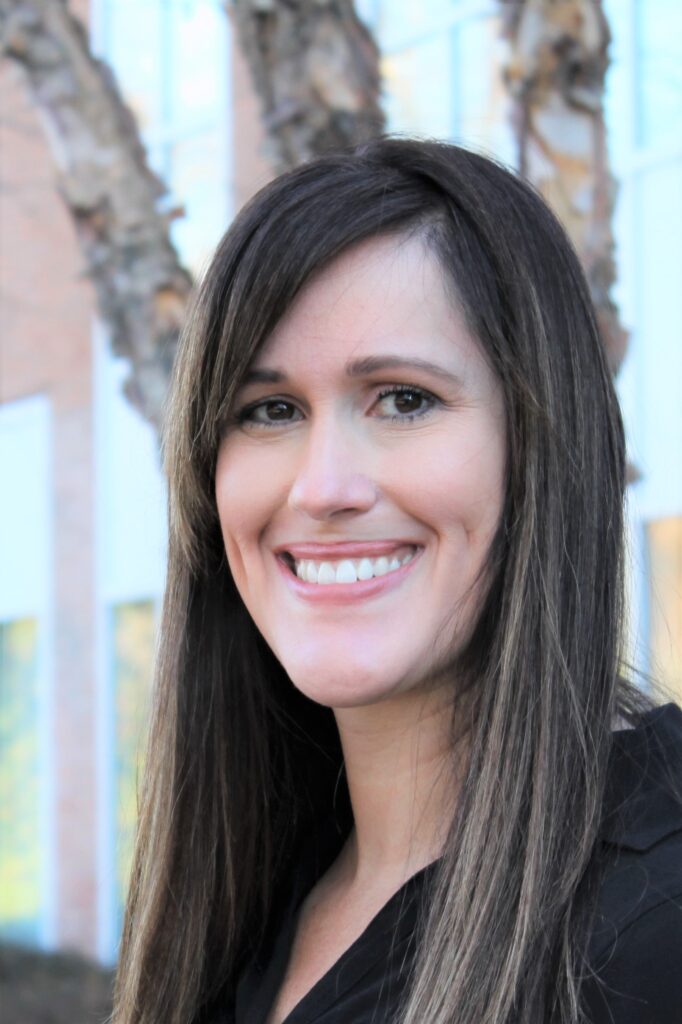
Colleen Shields, Market Development Manager
When a member of your family lives in an assisted living center, you feel safe knowing they have help. Someone is there to help them bathe and get dressed without fear of falling. Someone is there to cook their meals. Someone is there to encourage them to be active and social.
There is another layer of support many do not know about. More than likely, someone from their local hospice organization is there, too. For residents living with chronic or life-limiting illness, assisted living centers turn to local hospice and supportive care professionals to provide onsite expert care.
Supportive care practitioners are also known as palliative specialists. They provide specialized onsite care focused on reducing the symptoms, pain and stress caused by any serious illness. They provide this alongside curative treatment at any stage. This is not only for cancer patients. Supportive care is a perfect partner for people coping with any advanced illness. This includes congestive heart failure, Parkinson’s, dementia, lung disease and more.
Hospice care is for when a resident’s disease progresses to a point where doctors determine a cure is no longer an option. They likely have less than six months to live. The care shifts to ensuring the patient is as comfortable as possible with a focus on quality of life. A whole team of end-of-life specialists care for the patient in their residence.
There is another layer of support many do not know about. More than likely, someone from their local hospice organization is there, too.
This is often called the continuum of care. We’re here for the family and the center’s care team as much as we’re here for the patient. That’s why we offer another layer of support to assisted living centers – education. This can be community gatherings at the center to educate their residents and staff on hospice and supportive care. It can also be in-service education for the center’s care team on how to care for their residents at end of life or when to turn to hospice or supportive care. And we offer support groups for caregivers and classes on how to avoid caregiver burnout. These conversations are better understood before people need these services rather than at a time of crisis.
 Another layer of support comes from trained volunteers. They often visit assisted living facilities to provide pet therapy, Compassionate Touch and reiki. We Honor Veterans volunteers visit residents to perform honor salutes. Sometimes volunteers are there just to visit and be a friend.
Another layer of support comes from trained volunteers. They often visit assisted living facilities to provide pet therapy, Compassionate Touch and reiki. We Honor Veterans volunteers visit residents to perform honor salutes. Sometimes volunteers are there just to visit and be a friend.
All of this comes to the resident onsite – there is no need to arrange transportation or schedule offsite appointments.
The healthcare industry can be overwhelming. Hospice organizations like the not-for-profit I work for go where they are needed to empower residents, their families and the center’s staff. Our wish is for everyone to understand the choices they have when experiencing advanced illness of any kind. We are there when you need us!


